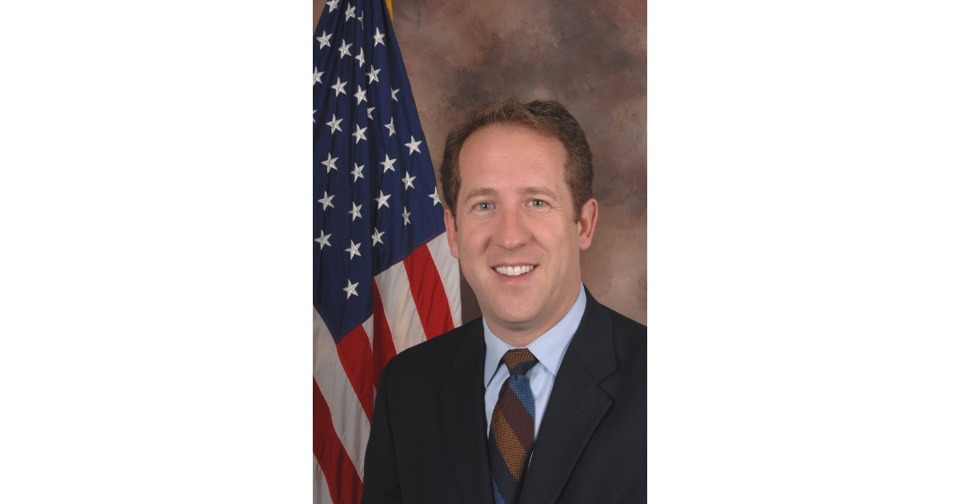Adrian Smith Commentary

Maximizing Educational Opportunity
Investing in the growth of a child as a parent, teacher, or mentor, and then seeing the child flourish to their fullest potential is both rewarding and inspiring. In schools and homes across the Third District, Nebraskans work tirelessly to create opportunities for students to learn and thrive. As a lawmaker, my mission is to support this work by maximizing the opportunities available to each and every student.
To support greater access to quality education for all, I again cosponsored a resolution introduced by my colleague, Rep. John Moolenaar (R-MI) recognizing this week as National School Choice Week. Beginning at the state and local levels, school choice is an idea gaining ground nationwide. In 2023, Nebraska passed groundbreaking legislation to expand school choice, and at the federal level, I am working to advance innovative ways to ensure all of our students have the best chance to succeed.
A bill I have introduced, the Educational Choice for Children Act (ECCA), would empower parents to choose the best school for their students' needs. By leveraging tax incentives to encourage scholarship donations to non-profit organizations, not governmental entities, ECCA expands the opportunity for donor families and businesses to cover tuition or assist with other K-12 educational expenses in both public and private settings. These scholarships could even be used to supplement educational needs in districts where traditional alternatives do not exist.
The value unlocked for students by school choice initiatives in many states has been extraordinary. Students who would not otherwise have access to their preferred K-12 option have been able to enroll at the school best suited to their needs. Through ECCA we can expand this benefit to even more families across America. Currently, my bill has 143 cosponsors in the House. A version of ECCA introduced by Sen. Bill Cassidy (R-LA) has 29 cosponsors in the Senate.
Expanding opportunities for students in every community, from rural to urban, demands we do everything possible to prepare them for success in the career path best for them. Another resolution I cosponsor would recognize February as Career and Technical Education (CTE) Month and call on educators to better inform students of the advantages of CTE. Many trade career paths offer more affordable credentialing requirements than traditional four-year degree tracks and very competitive starting wages. To retain talented young people in our state, we must educate students accurately about all opportunities in Nebraska’s skilled workforce.
Recently, I spoke on the House floor in recognition of Nebraska FFA's record-breaking growth. In public, private, and homeschool settings, student interest and participation in FFA is at an all-time high. Despite a shortage of agriculture educators, the Nebraska Agriculture Academy is making FFA participation accessible to students who are homeschooled or in remote communities where an FFA chapter may not be operating. Through Supervised Agricultural Experience projects these students are gaining hands-on experience to help our communities thrive such as raising their own cattle herds or tracking the time, funds, and labor spent on the demands of farming.
A student’s ZIP code or the socioeconomic status of their family should not be a barrier to quality education. I am optimistic about the future of Nebraska and our nation because of the outstanding career- growth avenues hard-working educators provide our young people to build character and develop competence. I will always advocate for greater educational opportunities for parents seeking the best for their children.
